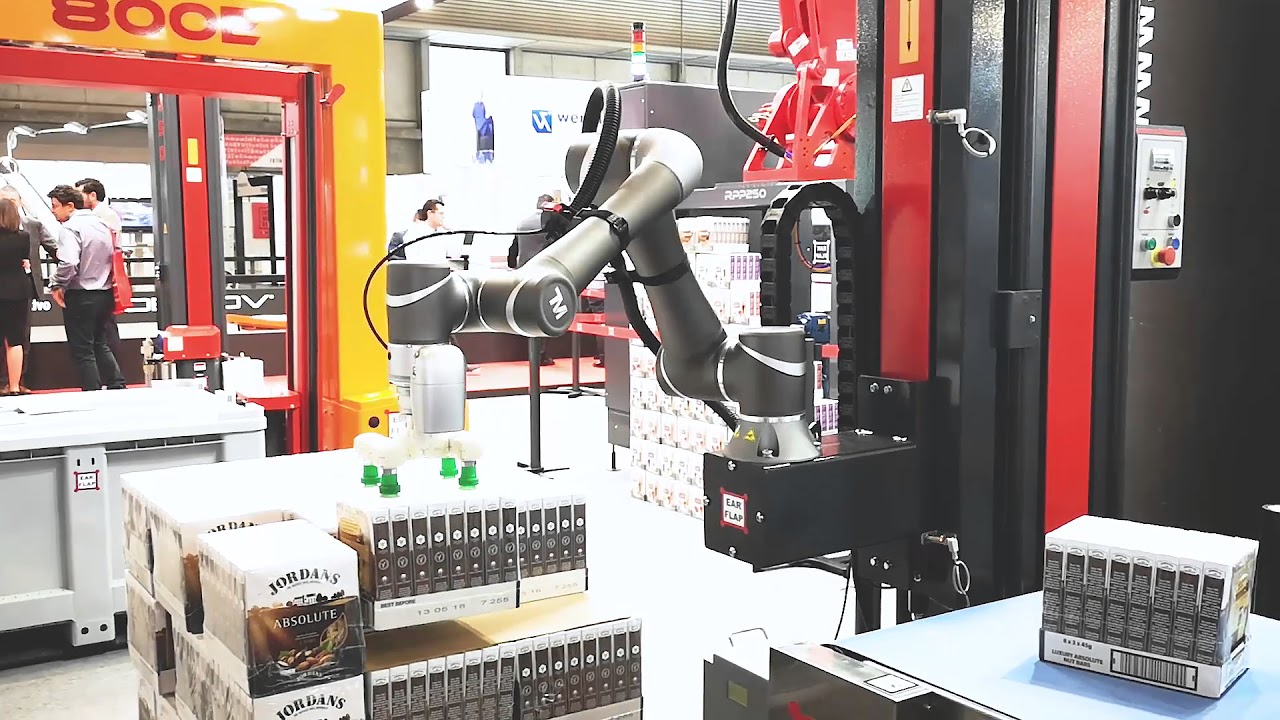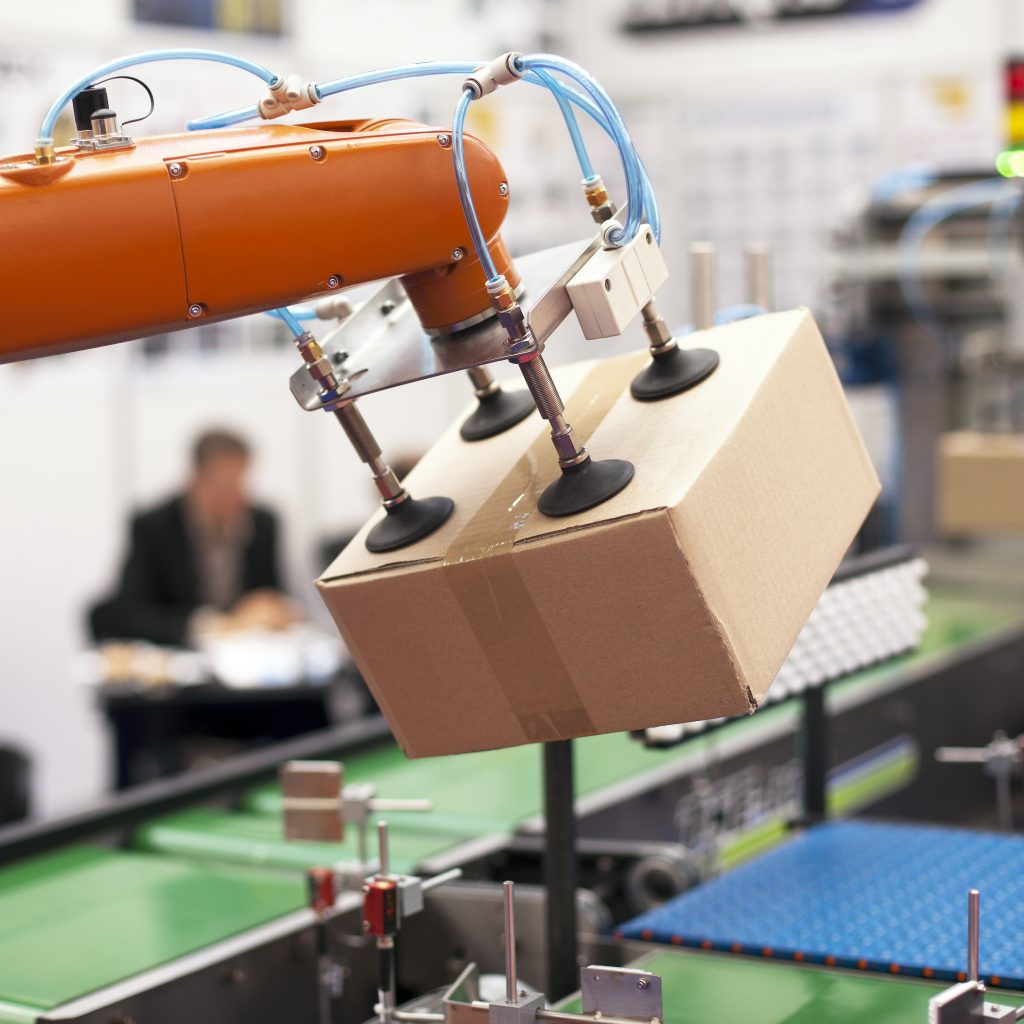We’ve talked before about the future of the collaborative robot industry and the role it will be able to contribute to smart factories of the future and the Fourth Industrial Revolution, also known as Industry 4.0.
The year 2020 has been a difficult year all-around for global manufacturing, which needed to focus strongly on maintaining output at sustainable levels but impose the strictest levels of safety for humans. Robots – especially collaborative robots, or cobots – have played an important role in supporting this effort, reducing the amount of human tasks needed, and putting the pressure off workers on the production floor.
As the world starts talking about Industry 5.0 – which envisions greater robot and human worker collaboration and increased robotic task customization and personalization – we believe we will see more production teams ascend to higher-level tasks. Robots will take over a larger amount of repetitive tasks humans still handle, and free the workforce to assist in programming, coordinating, and managing and smarter cobot “workforce” that will take over repetitive, light to heavy payload tasks that reduce stress and the possibility of worker injury.
Cobot-led industries in 2020 and onward
It is not difficult to predict some of the major industries will continue benefiting from cobot participation. Let’s name a few:
- Automotive: The car manufacturing industry has always been at the forefront of industrial automation. Precision assembly, both for 2-wheel motor and 4-wheel motor, which requires plenty of heavy lifting and high levels of precision and efficiency. This includes tasks like metal polishing, or screw driving tasks on a motorbike engine.
- Electronics: Complex PCB assembly boards require numerous tasks that can be automated easily, such as glue dispensing, DRAM, and other types of chip insertion, and many pick and place tasks along the assembly line.
- Machining: Machine and metalwork tasks, with the help of highly trained human operators, can oversee tasks such as metal welding, laser engraving, metal processing, metal polishing, and machine tending.
- Food: A lot of food processing industries are highly adept at using cobot assistance for processing, packing, and palletizing. The foodservice segment is an emerging segment, which sees potential in cobot participation outside of the factory and in restaurant settings. Examples of this include cooking tasks, dishwashing, and coffee preparation.
- Warehousing: Critical tasks such as cardboard folding and packaging, packaging and labeling, and palletizing are highly automated and will continue playing an important role in support industries across the spectrum.
Predictions abound that the healthcare and pharmaceutical industries might also see a big jump in cobot assistance. Medicine sorting and packaging assembly lines are already a mainstream application. Because of the onset of COVID-19, and the high demand for test kit management and processing, one of the much-talked-about areas of expansion is in the area of laboratory testing.
We at Techman Robot, we can help you implement smart & programmable cobots for various industries. These include the five cobot-led industry sectors we’ve mentioned, as well as agriculture, plastics, semiconductors, and aerospace.
If you’re in search of customizable cobot robot solutions with a built-in vision system to handle tasks you wish to automate, talk to us today! We look forward to exploring future collaborations with you.


